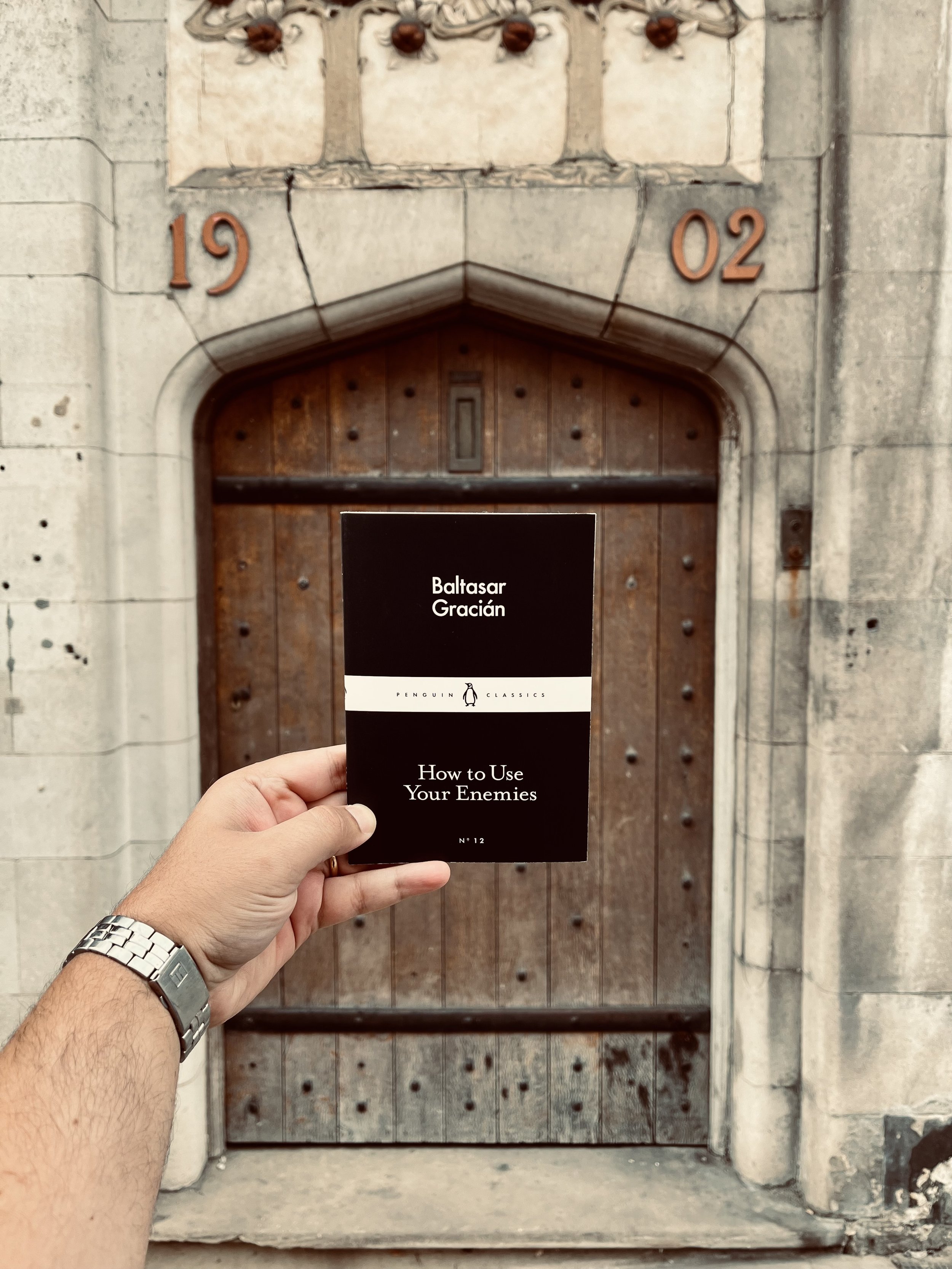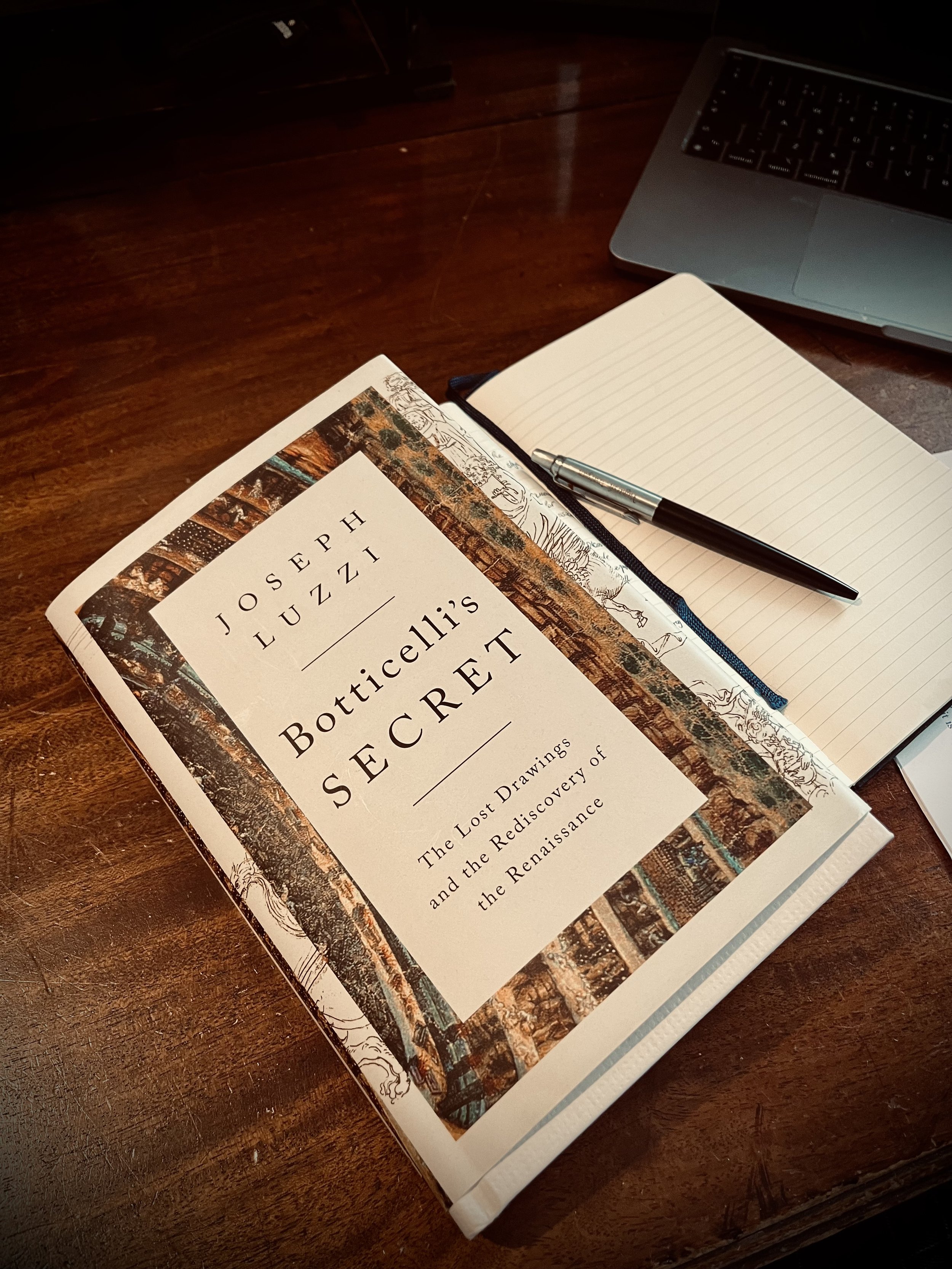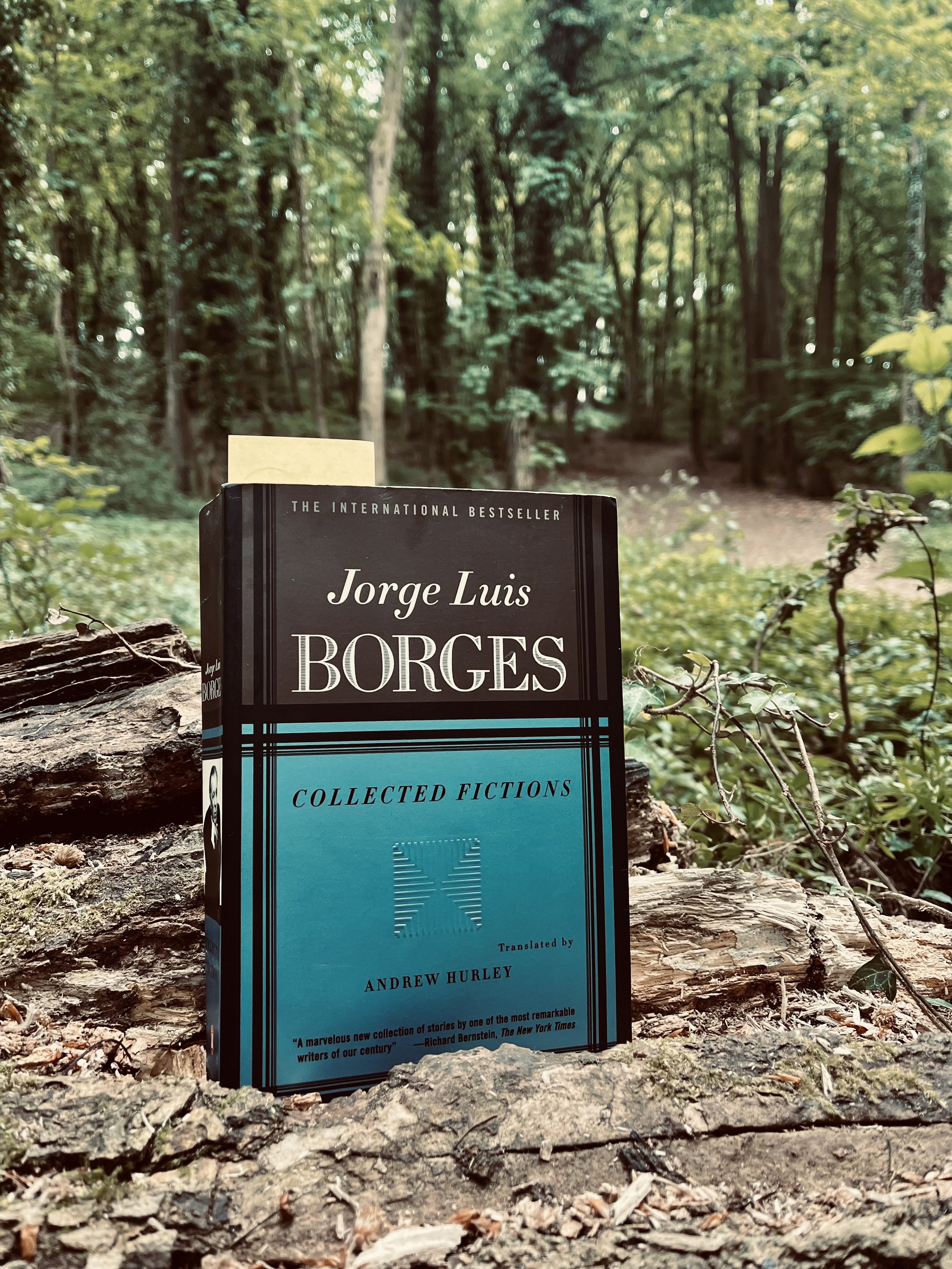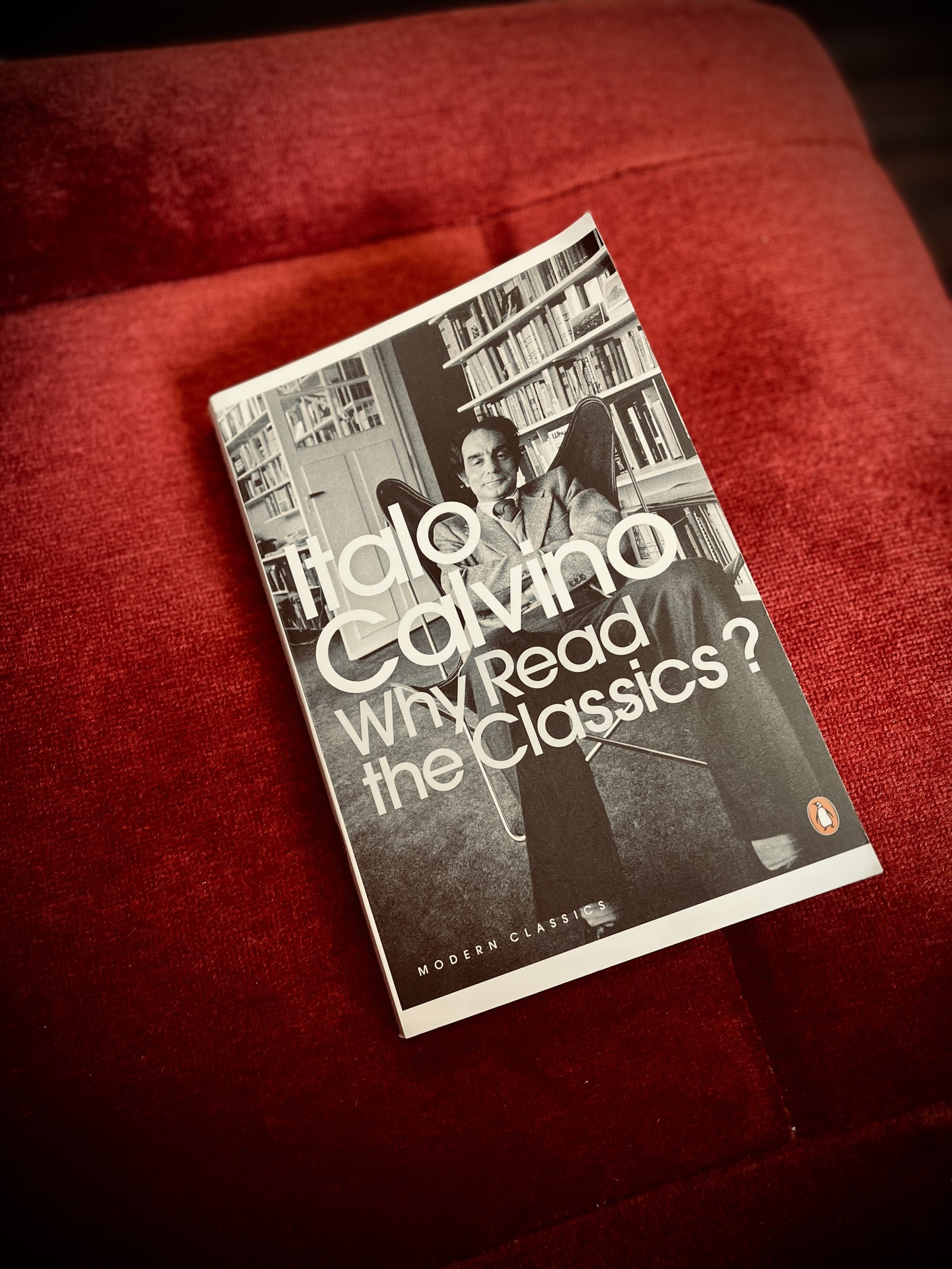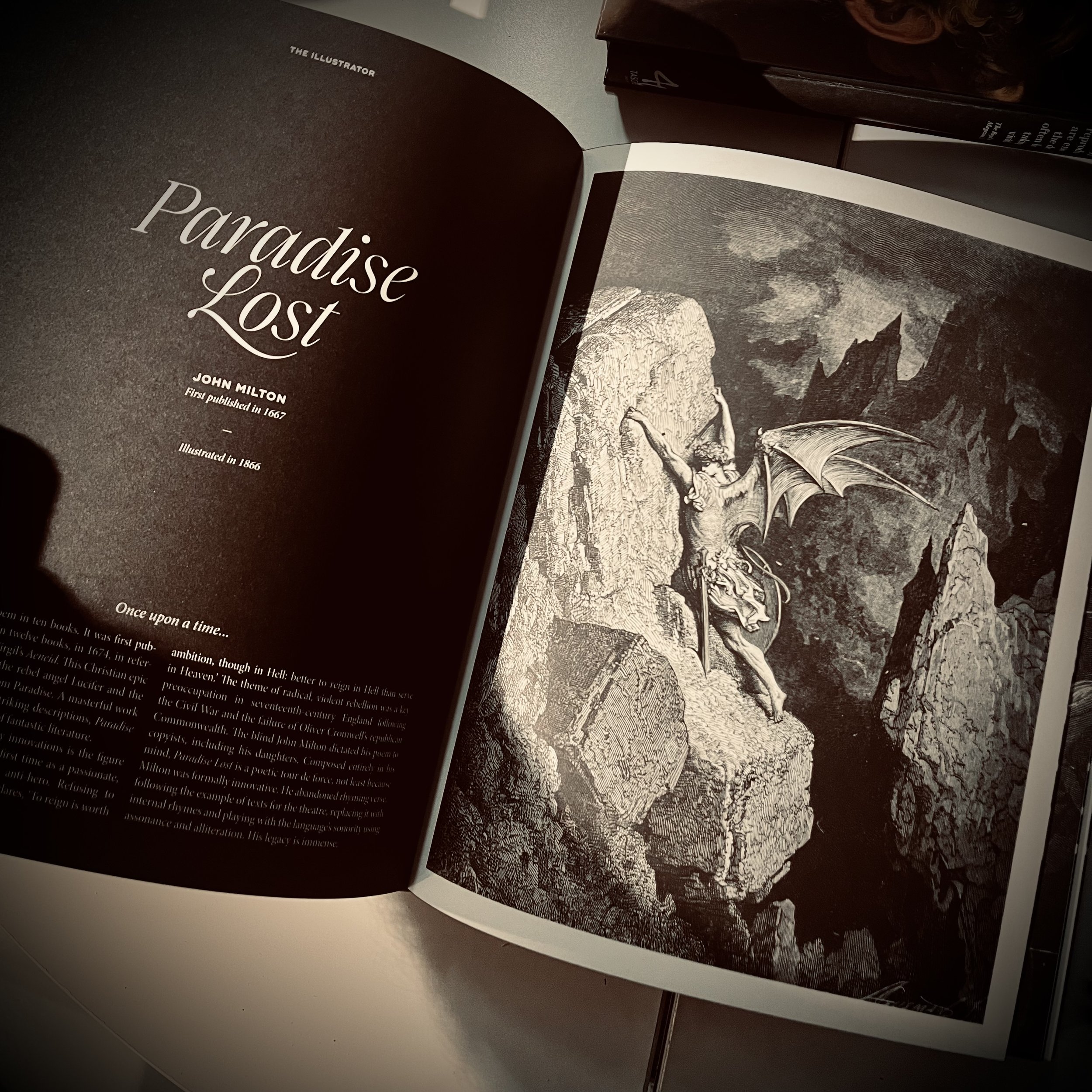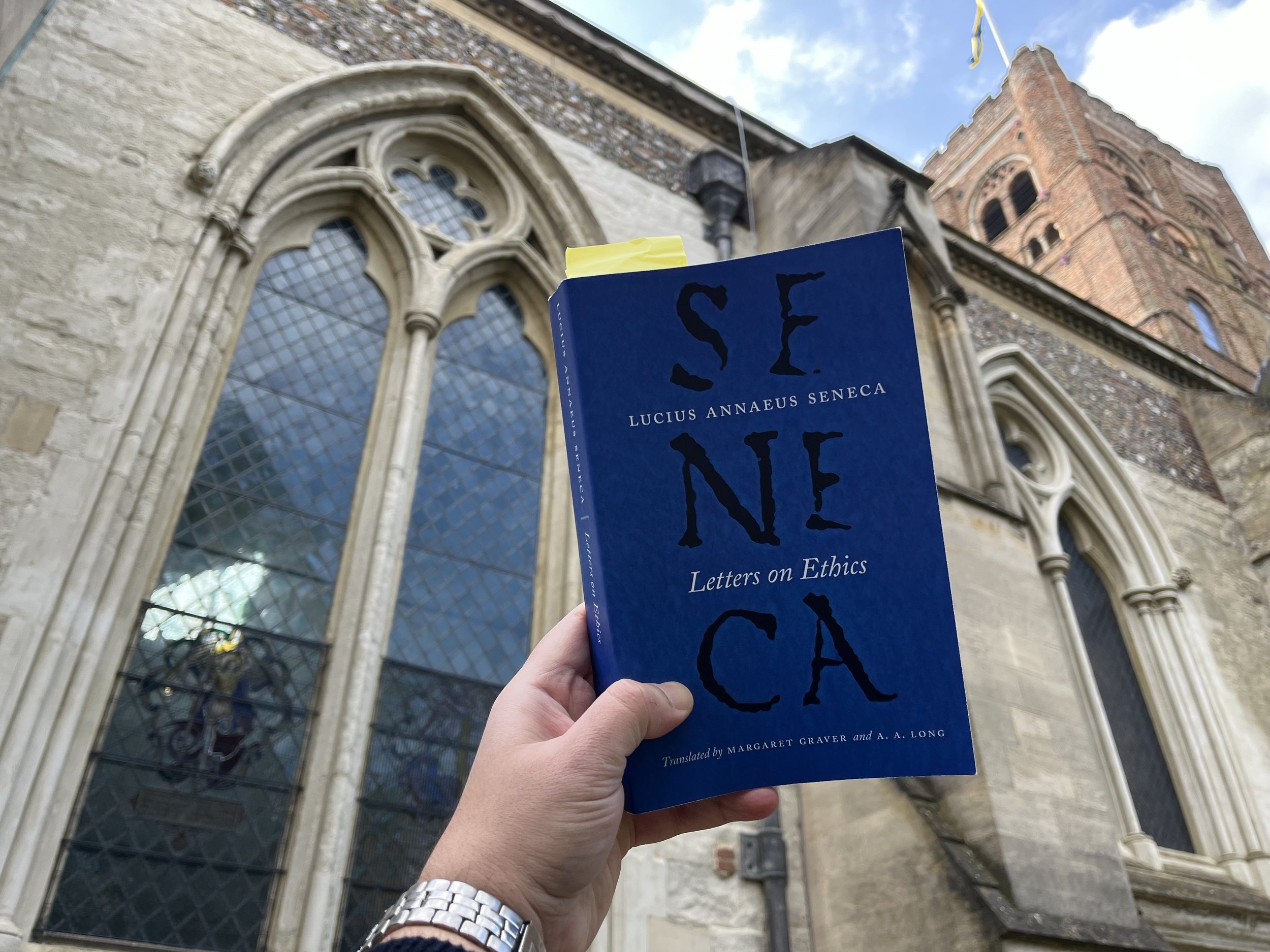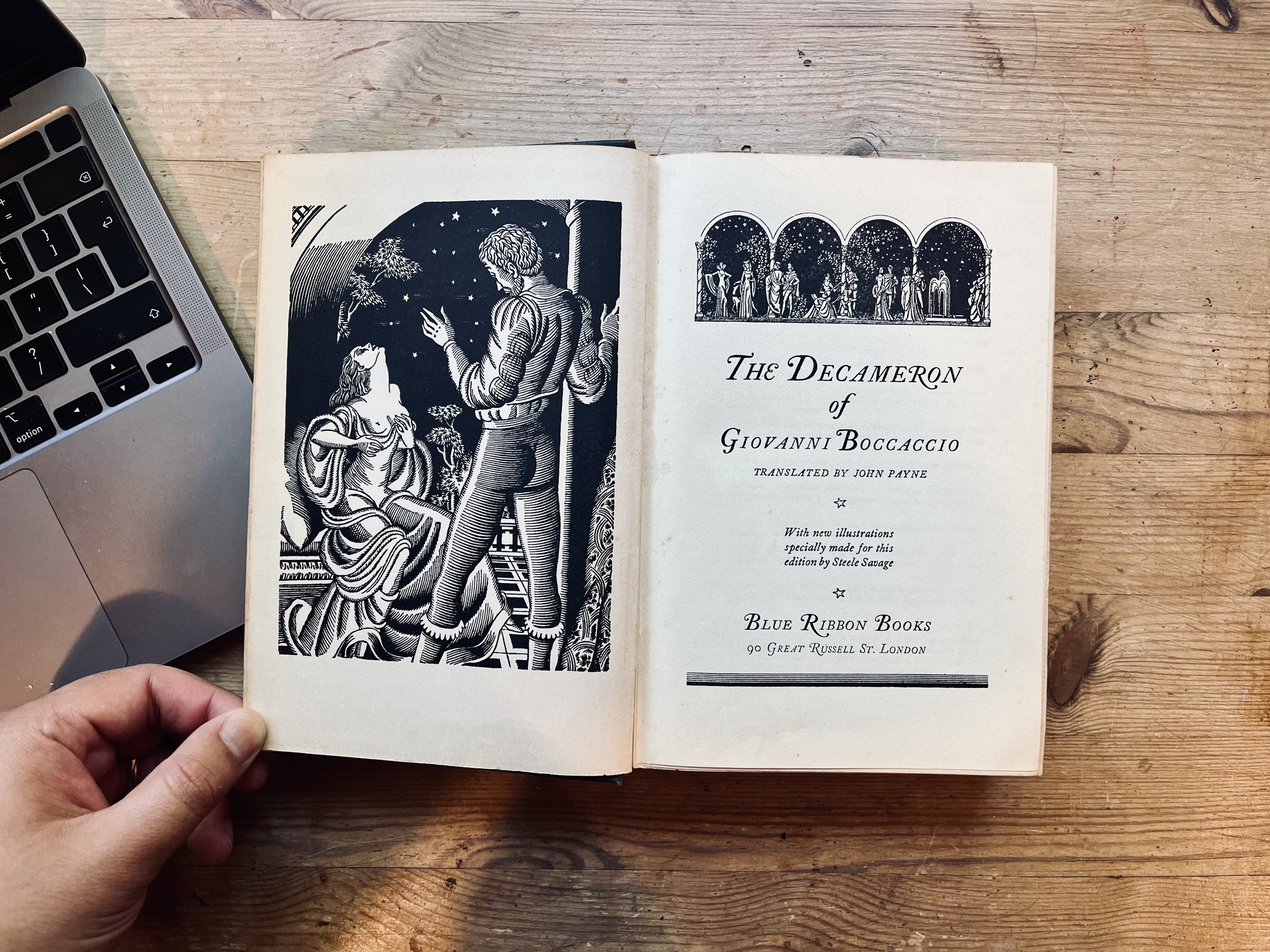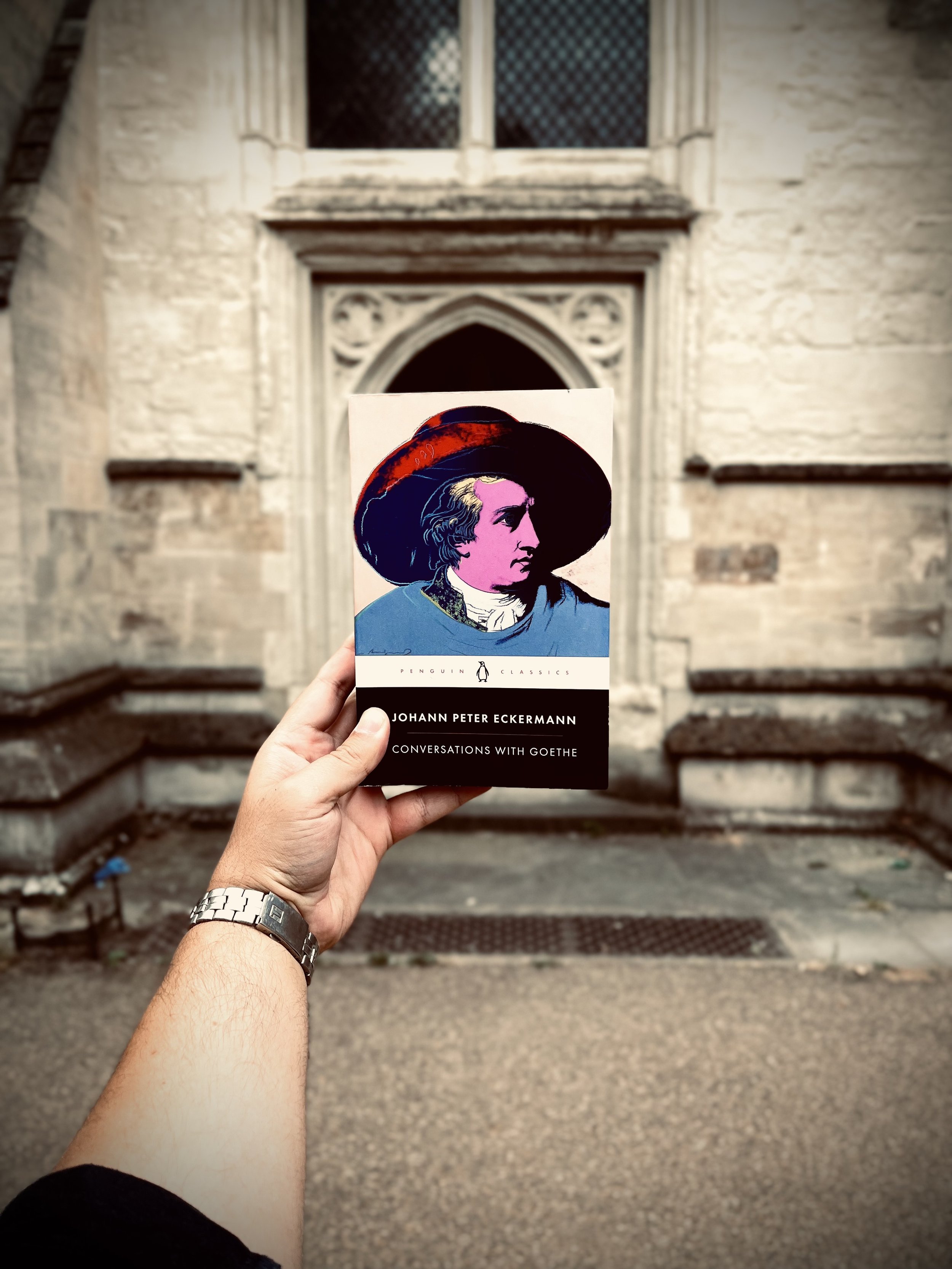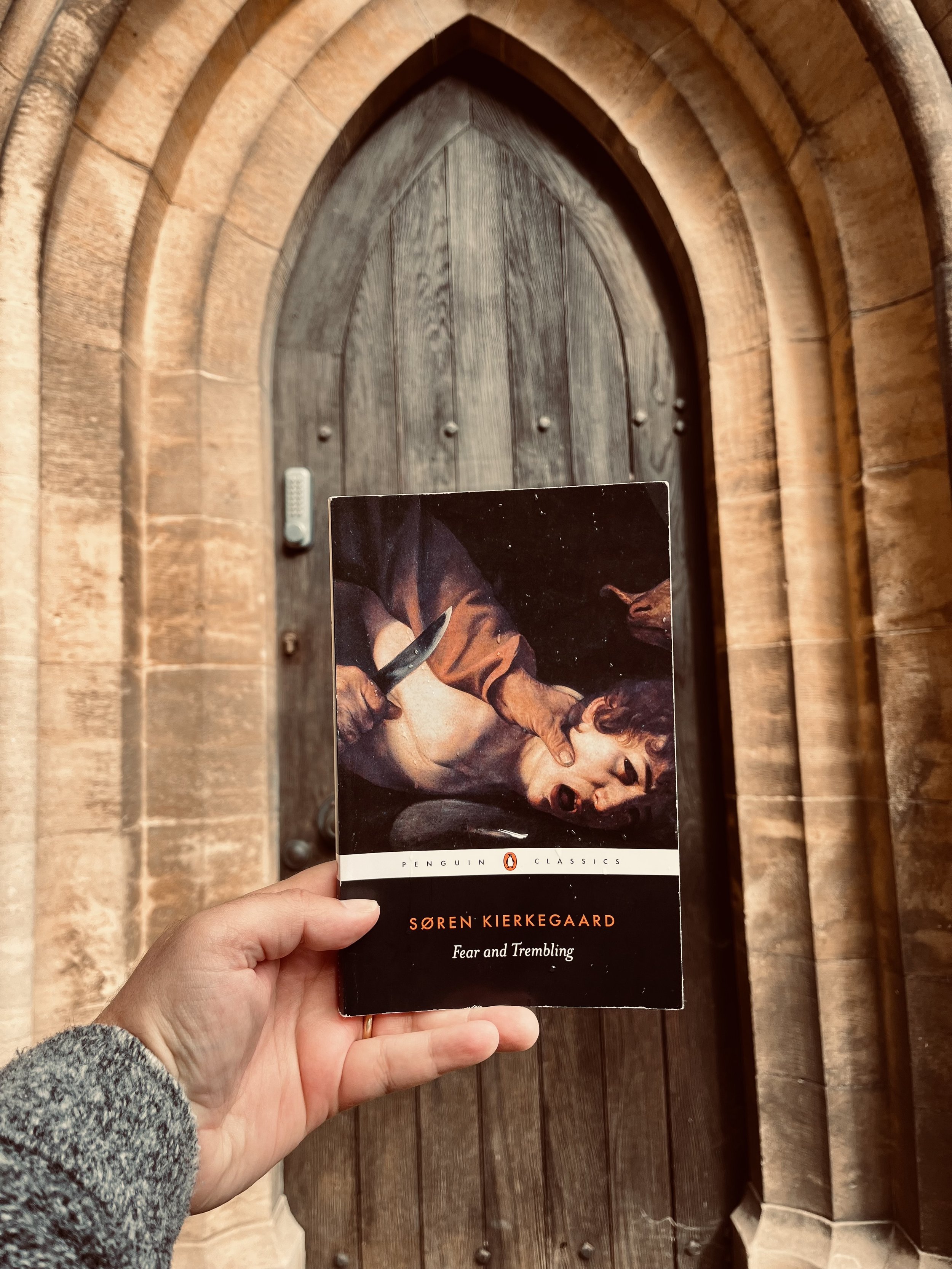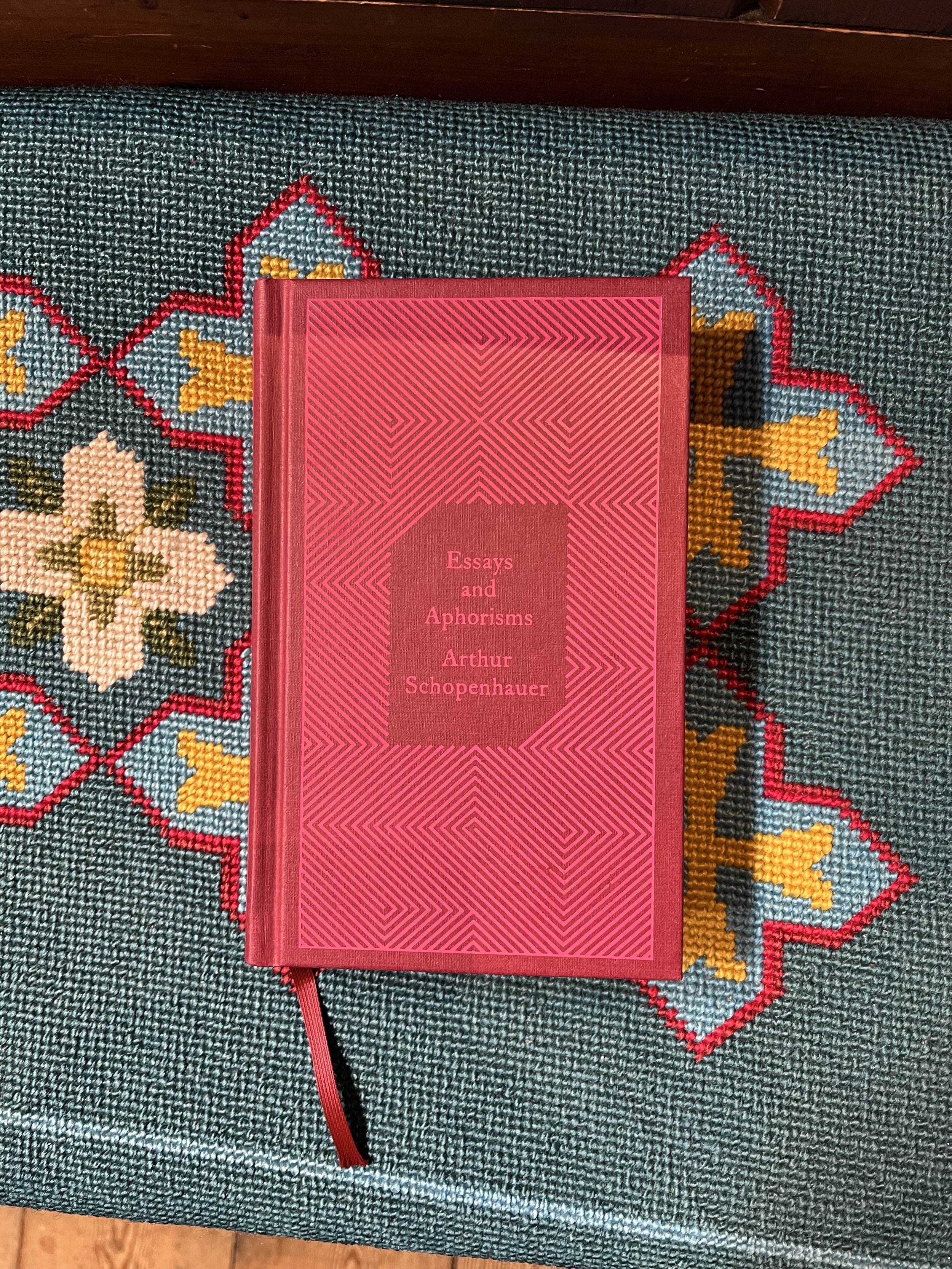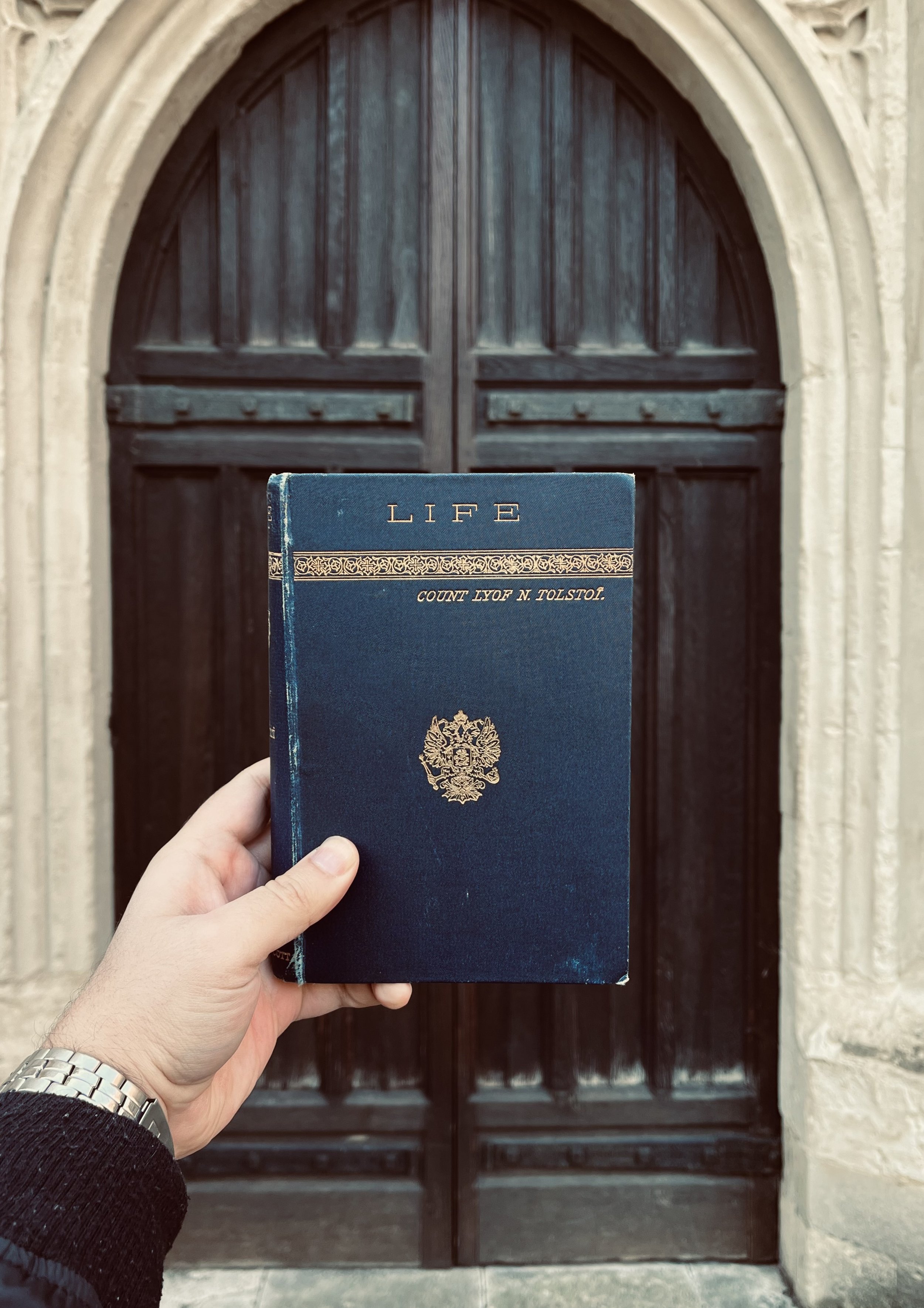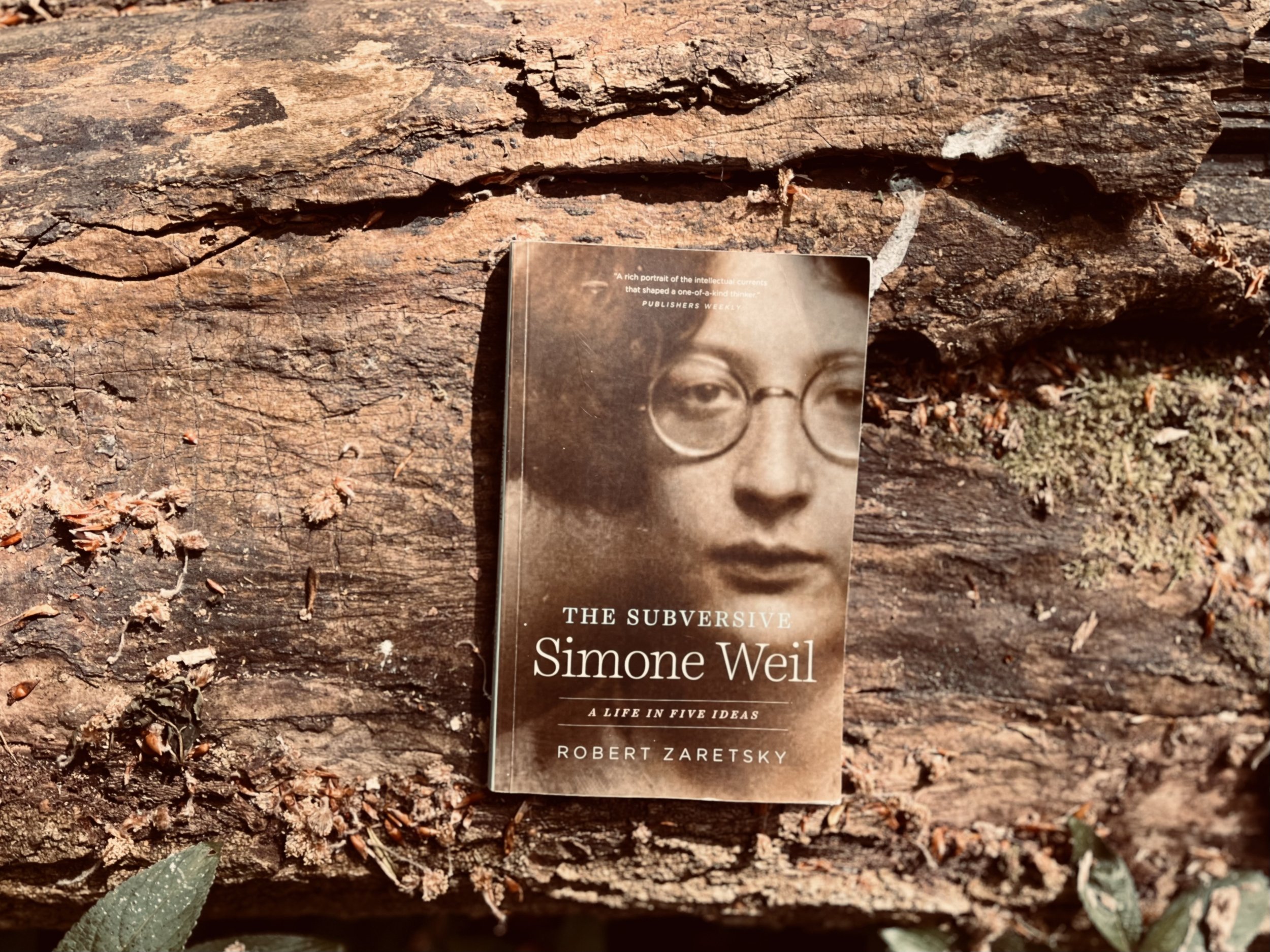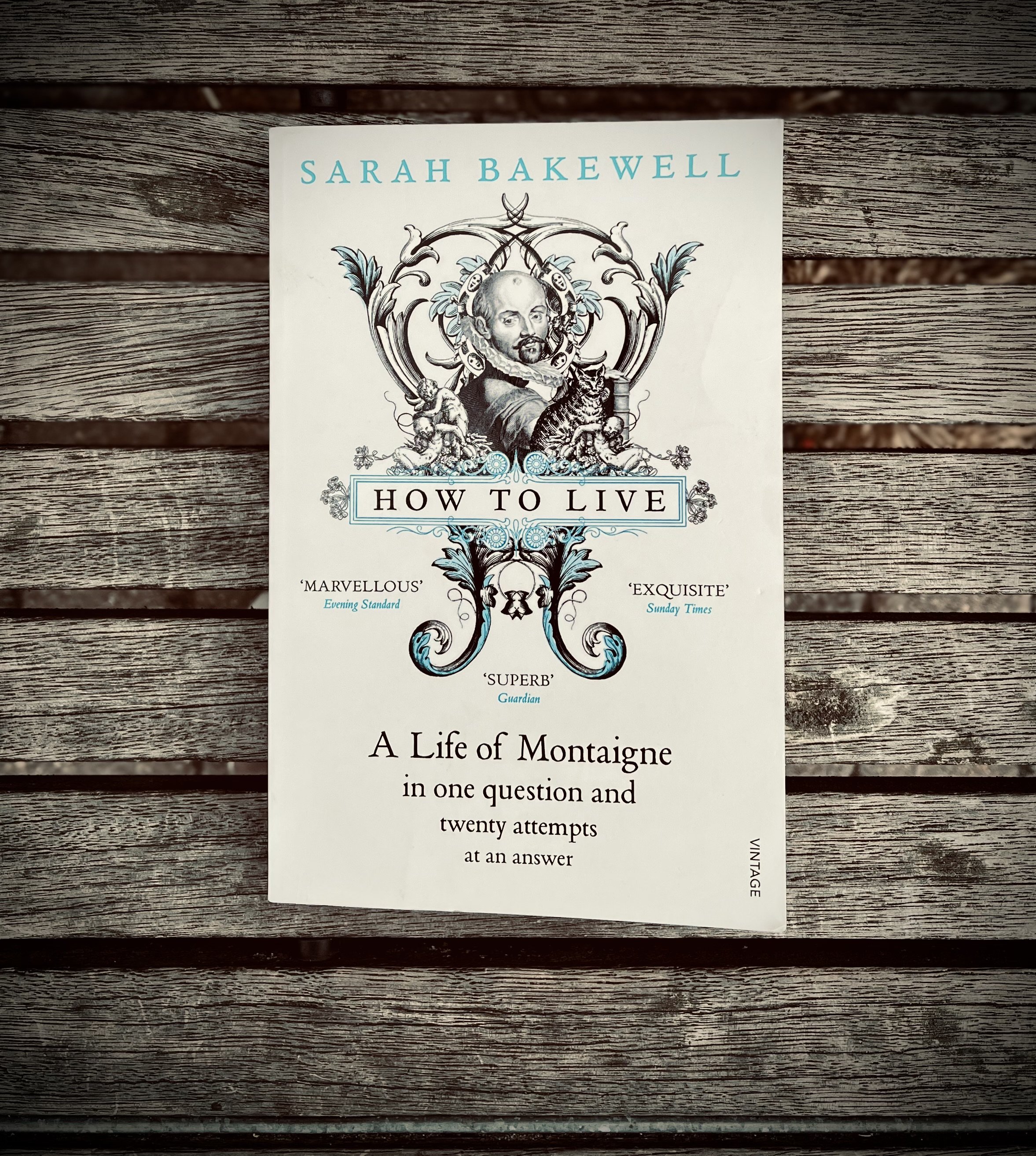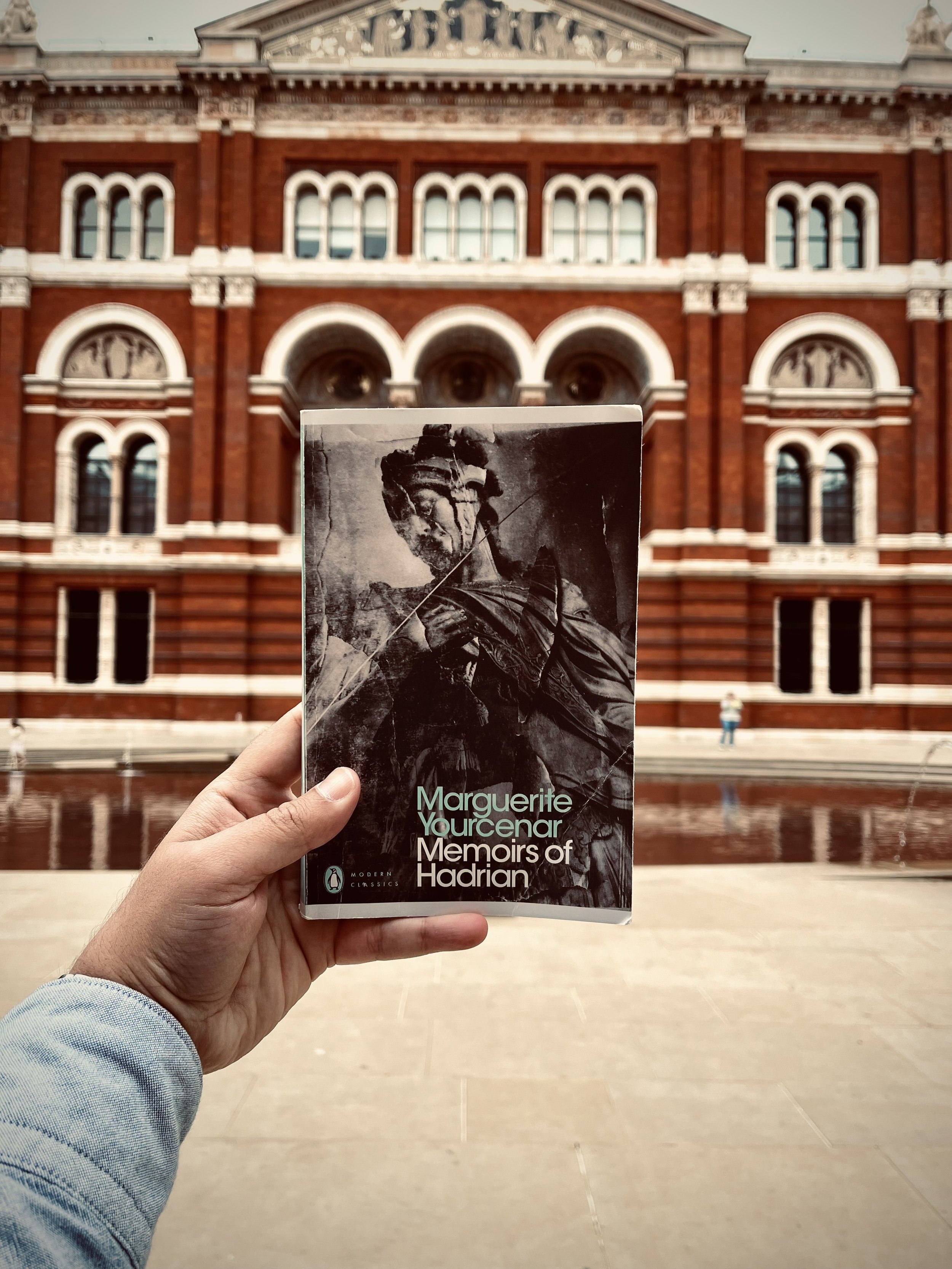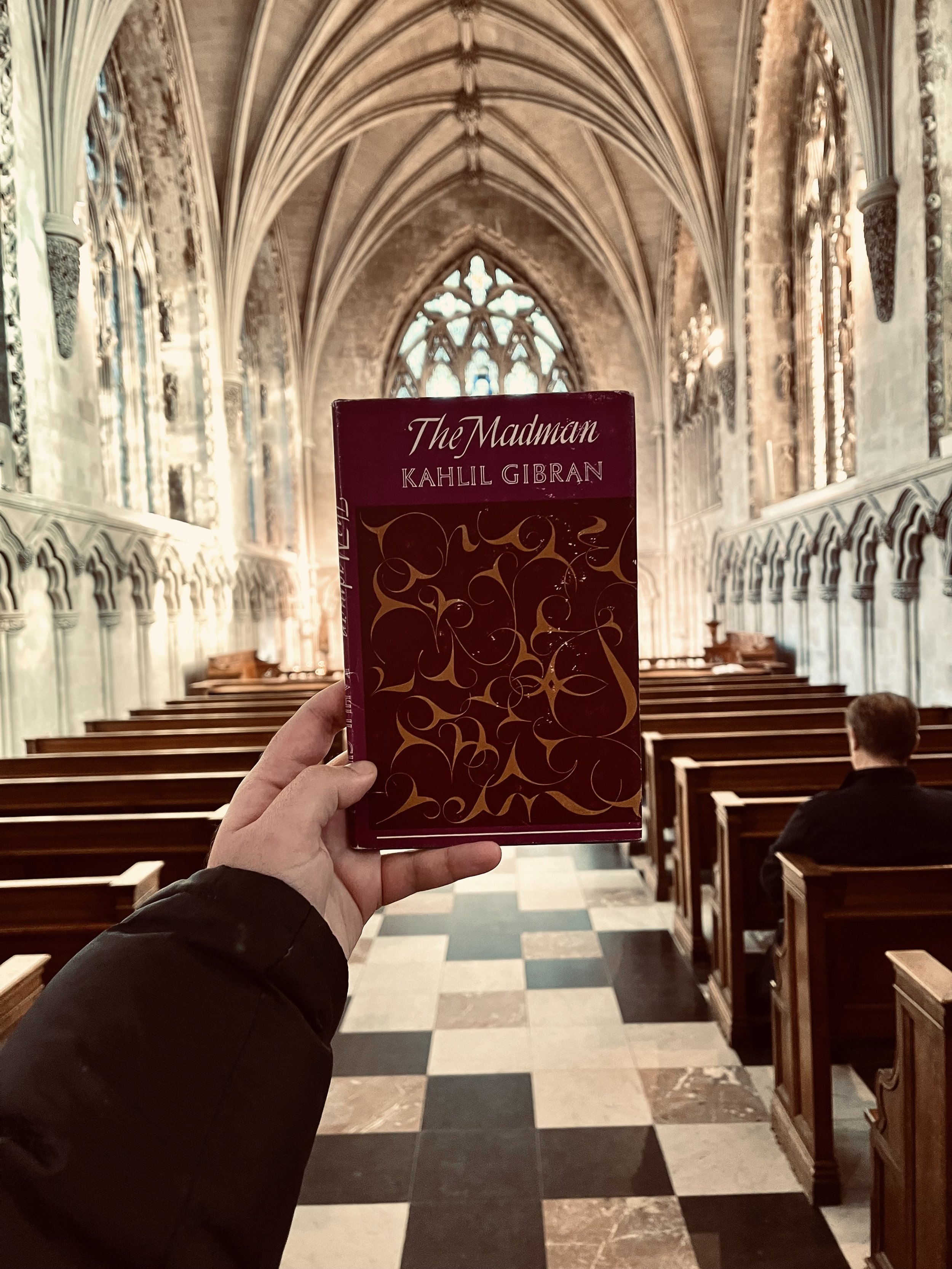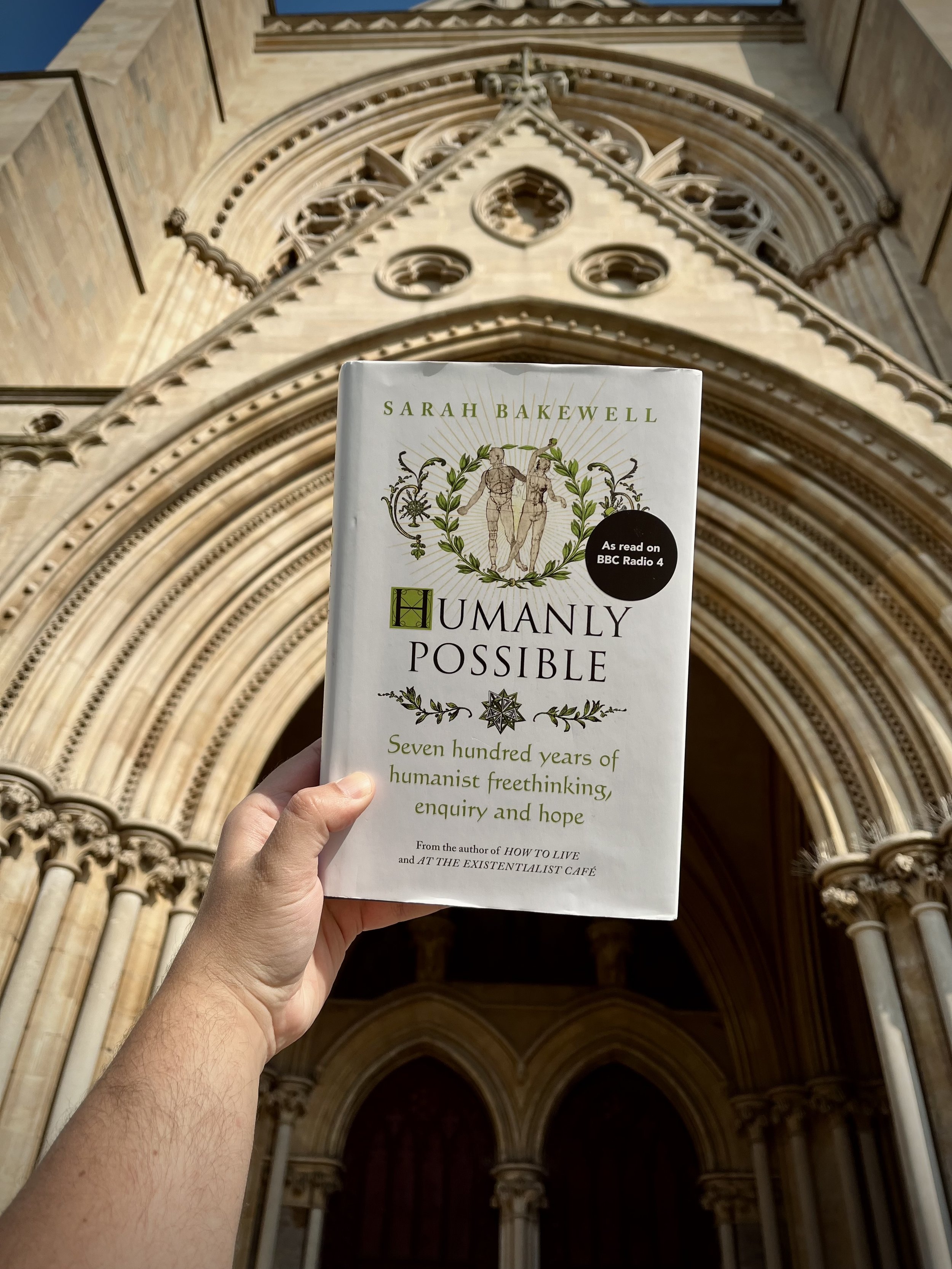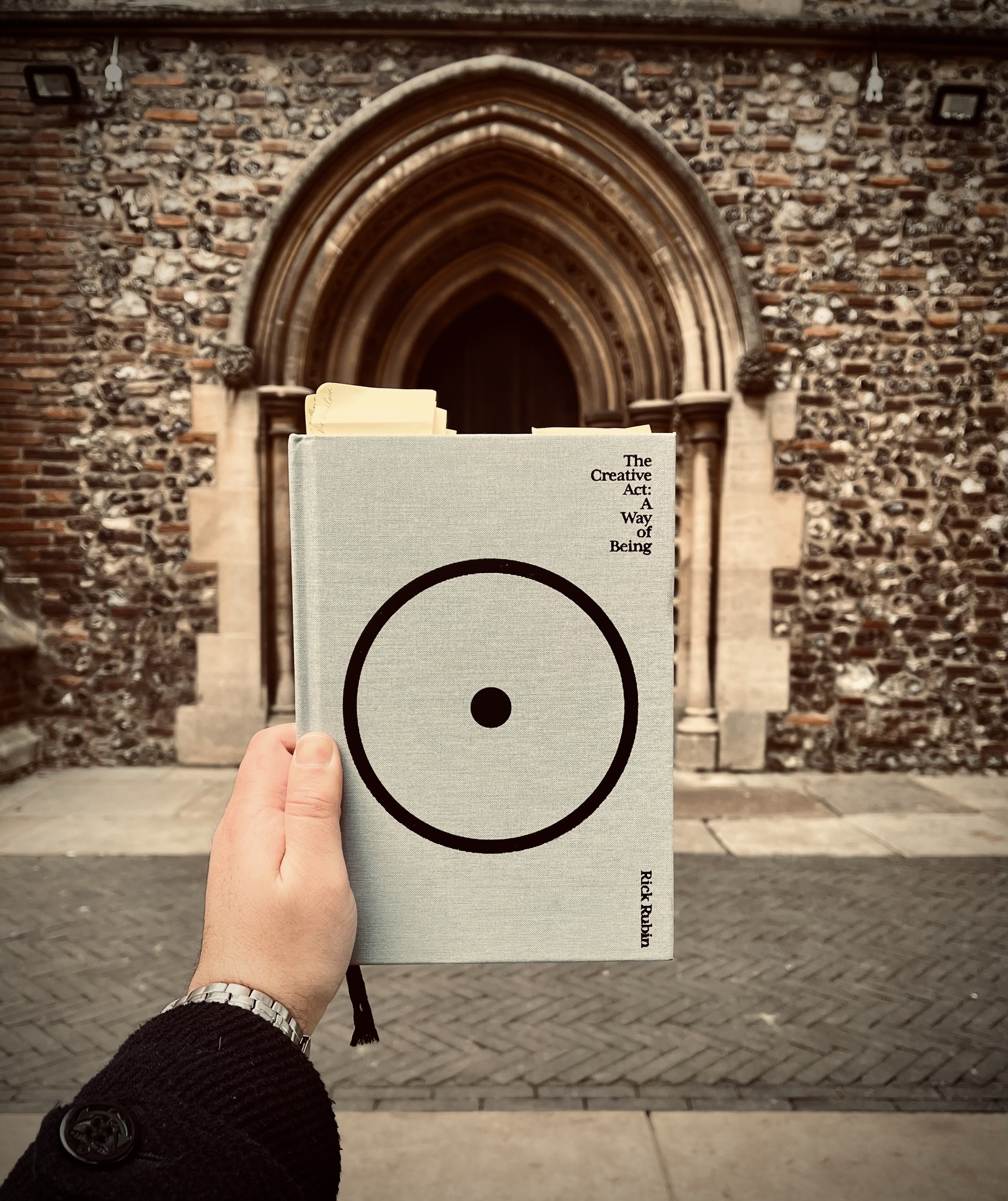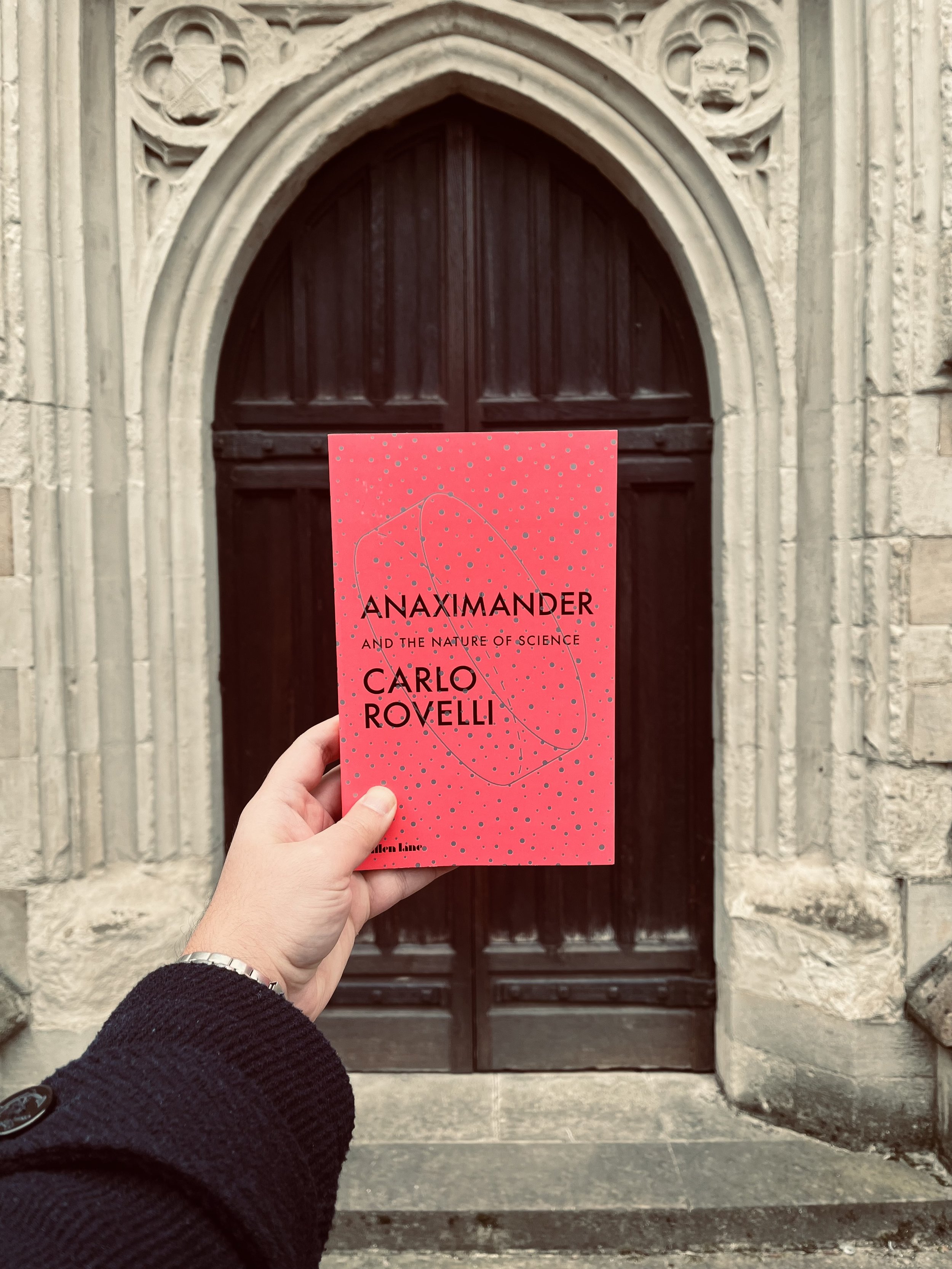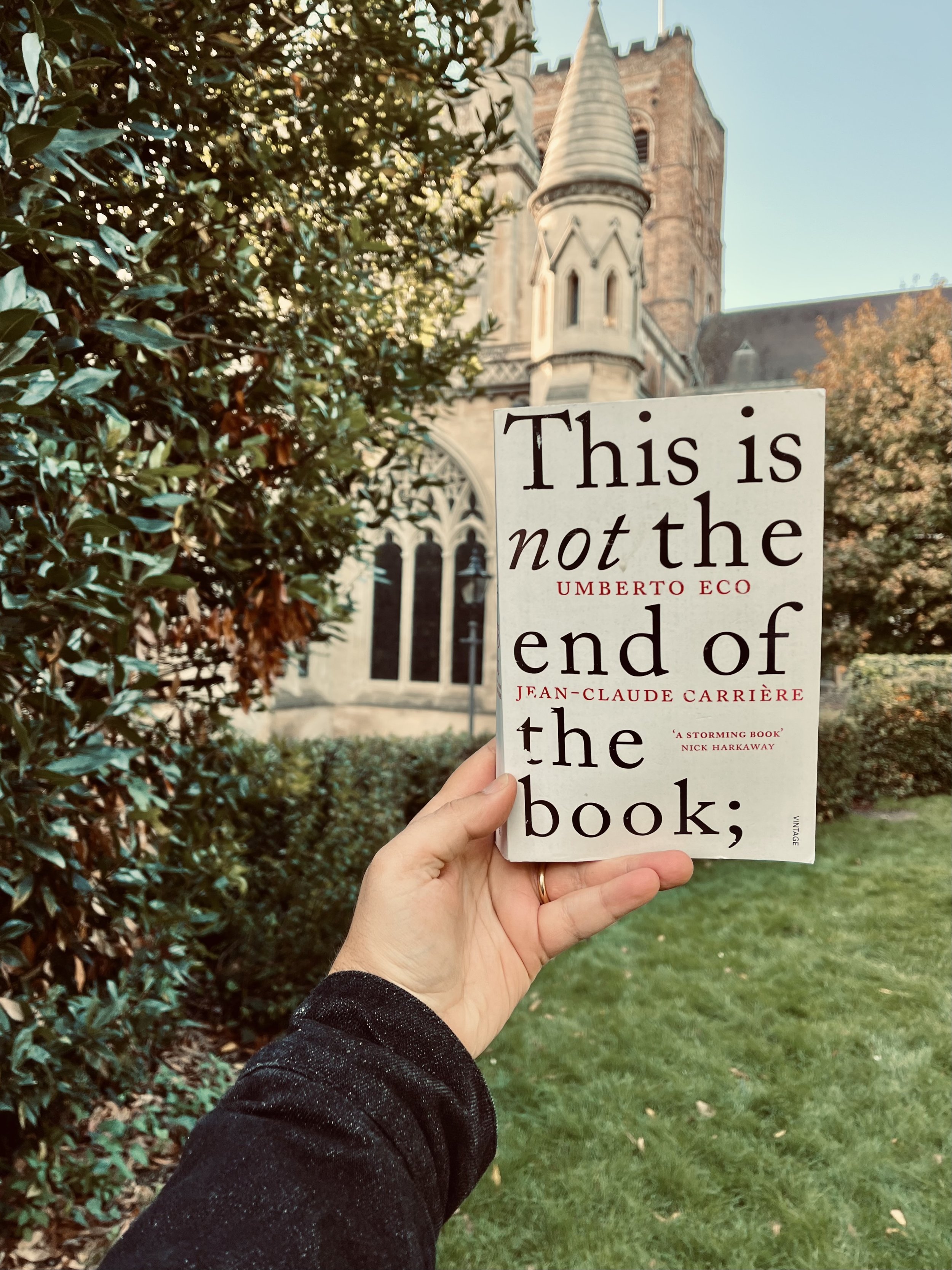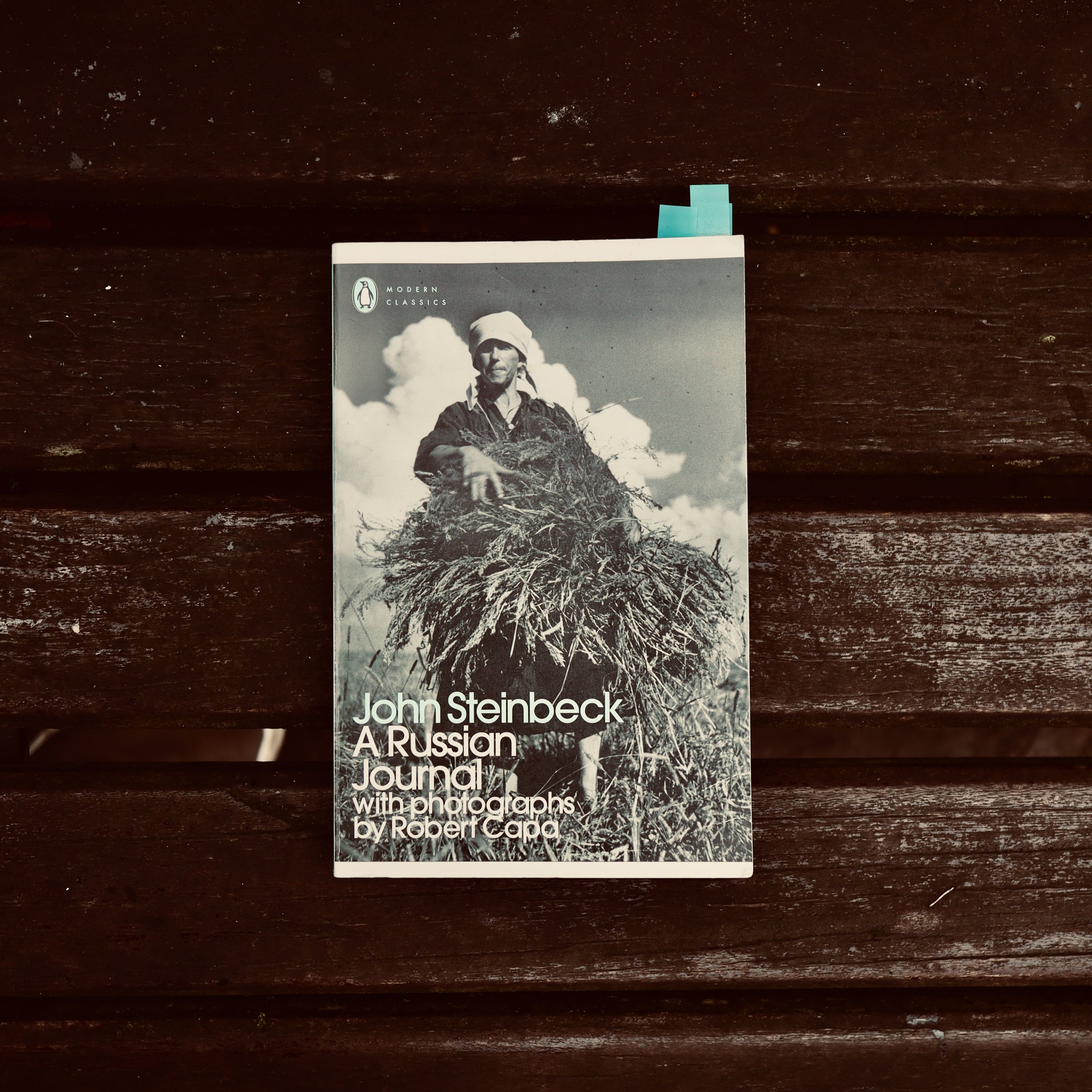
Reading List 📚
Each post of my newsletter is inspired by a remarkable book. Here, you’ll find a catalog of all the books that have sparked my inspiration, arranged from the most recent to the earliest. If you are browsing this from your laptop, you can navigate the collection by the ‘Table of contents’ on the left side of your screen. I’ll be updating this library monthly, and you can catch the latest additions in the Footnotes 🍂 edition of my newsletter.
I cannot remember the books I've read any more than the meals I have eaten; even so, they have made me.
~ Ralph Waldo Emerson
It would be too hard to list the list of lists that Umberto Eco lists in his book called The Infinity of Lists. Eco’s book tells us that we humans are creatures that incessantly try to give form to the infinite universe that surrounds us, and we do this by making lists. That is why we make infinite types of them, we make visual lists, geographical lists, travel lists, lists of collections, to-do lists, and many others.
‘We like lists because we are afraid to die’ he writes, but what does Eco mean exactly by saying this?
There is an innate desire in us for control and order in the face of life’s overwhelming complexity and uncertainty. Lists offer us a way to impose structure on the chaos of existence, providing a sense of control. By breaking down life into manageable pieces, lists give us a feeling of progress, helping to stave off the existential anxiety of life’s unpredictability and mortality.
Eco implicitly advises us to pay attention to how well we create our life lists. It is after all a tool. It is like a chisel in the hands of a sculptor. A block of marble can take an infinite amount of shapes, it can become an angel or a simple floor slab. Its potential depends on the clarity of your vision and how masterfully you can use the chisel you have in hand.
The list you see below is aimed to organise my past. To see which books provoked me into thinking so much that I had an urge to write about them. It is not just ‘books that I enjoyed and I hope you will enjoy reading too’. These books were thought-provoking enough that they made me sit down and write in an attempt to organise my thoughts and form connections.
‘The list is the origin of culture.’ - said Eco in his interview to Der Spiegel - ‘It’s part of the history of art and literature. What does culture want? To make infinity comprehensible. It also wants to create order — not always, but often. And how, as a human being, does one face infinity? How does one attempt to grasp the incomprehensible? Through lists, through catalogs, through collections in museums, and through encyclopedias and dictionaries.’
📕 Ficciones by Jorge Luis Borges
Writing is nothing but a guided dream.
Also mentioned in this post is Iain McGhilchrist’s Master and His Emissary.
A good reader, a major reader, an active and creative reader is a re-reader.
At the age of 33, Julius Caesar stood in front of the statue of Alexander the Great and wept. Alexander had built the greatest empire the world had ever known by the age of 32 and as Caesar stood before the memory of his hero, he questioned, "Have I achieved anything memorable?"1
Only an ambitious person can grasp…
📕 Philosophy as a way of life by Pierre Hadot
What is your aim in philosophy? To show the fly the way out of the fly-bottle.
📕 The Fantastic Gustave Doré by Alix Pare
People do not know what it costs in time and effort to learn to read. I needed eighty years for this and I’m not even able to say if I have succeeded.

